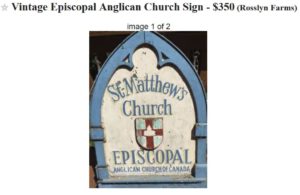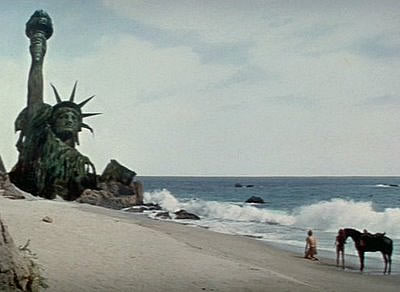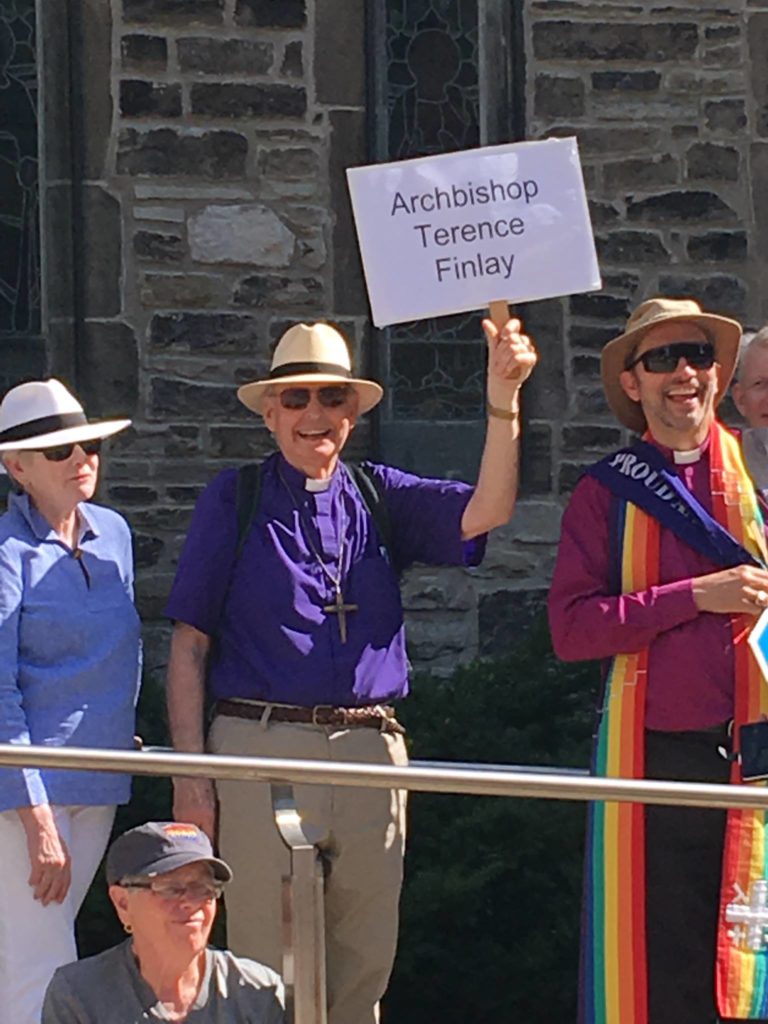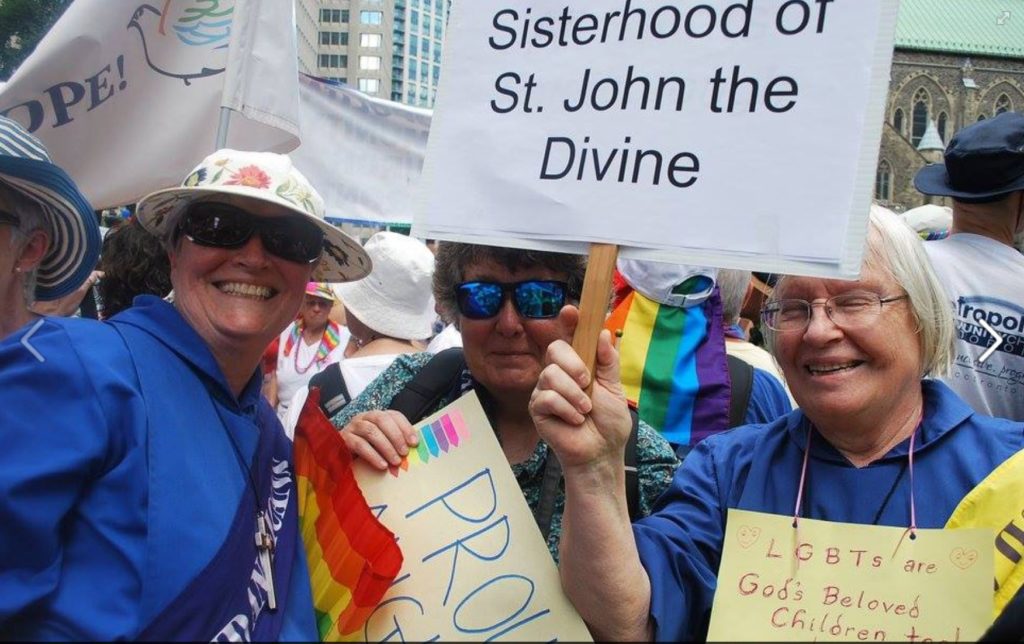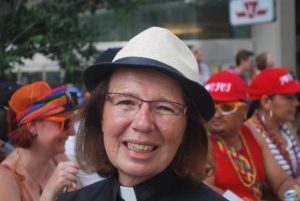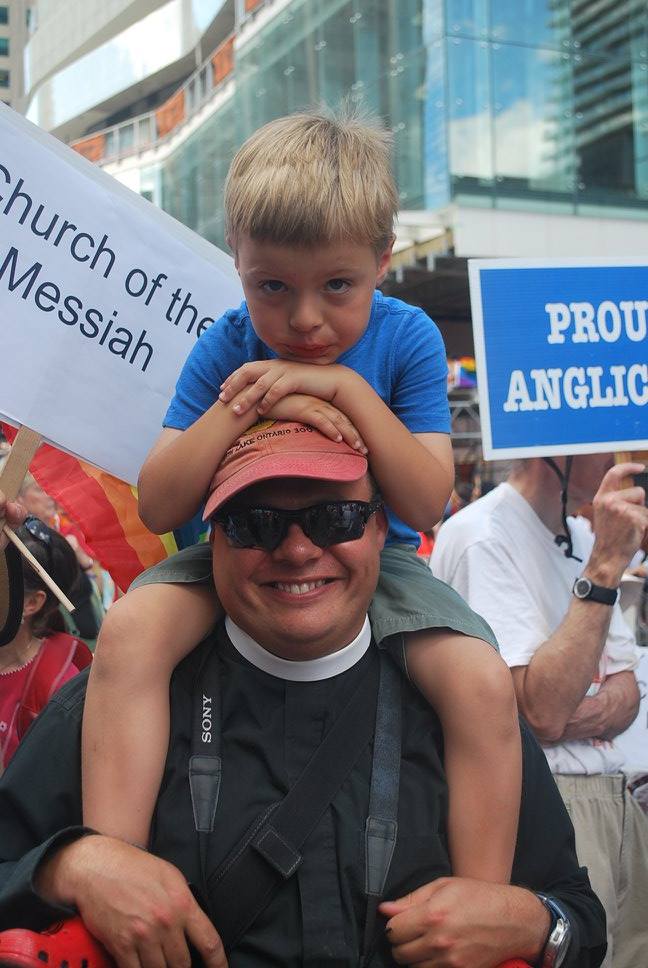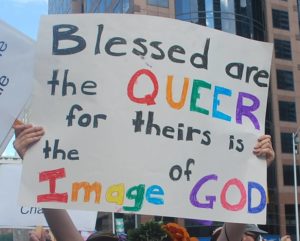The poor old Anglican Church of Canada is once again caught on the horns of a dilemma: should it upset its aboriginal members by allowing same-sex marriage or its alphabet-sex members – most of whom are its own clergy – by prohibiting them.
I have an idea: be inclusive and aggravate everyone by agreeing to marriage requests from non-clergy same-sex couples only – all three of them.
From here:
“We do not agree with the decision and believe that it puts our communities in a difficult place in regards to our relation and community with the Anglican Church of Canada,” the bishops say.
While they intend to discern their exact course of action “in the days ahead,” the bishops say, they also commit to continuing “in our conversation with the Anglican Church of Canada in regards to self-determination and mutual cooperation in our Anglican Christian ministry.”
The bishops continue, “We will proceed towards self-determination with all urgency.”
At the same time, they say they will also “seek ways to continue our conversation with the LGBTQ [Lesbian, Gay, Bisexual, Transgender and Queer] communities and individuals, affirming our earlier statements of love and welcome.”
[……]
Particularly painful, the bishops say, was the “silencing” of an elder during debate on the floor of synod. Although this was understandable given the “Western process” that was followed at synod, the bishops say, an apology to the elder is in order.
[……]
Indigenous Anglican elders, the bishops say, should have been “actively involved” with discussions to change the marriage canon. But neither discussion of the matter nor This Holy Estate—the report of the Commission on the Marriage Canon—were translated into Indigenous languages, they say.


